The tech world felt a jolt this October when the US Supreme Court delivered a brief but stinging blow to Google’s app store empire. In a terse, one sentence decision that rippled through Silicon Valley, the nation’s highest court rejected Google’s emergency appeal to halt sweeping changes to its Play Store operations. Not just another skirmish, it capped a landmark antitrust victory by Epic Games that could reshape how millions of Android users find and buy apps.
The ruling flows from a California jury’s finding that Google kept an illegal monopoly over Android app distribution and payments, a verdict that now forces the company to begin major structural changes by October 22. For Android users, that means competing app stores available through Google Play, new payment options that can trim costs, and an end to Google’s exclusive grip on app discovery and distribution. For a company that relied on tight deals with device makers and developers, the change is huge, a genuine reset.
The legal battle that changed everything
How did we get here? The road starts in 2020, when Epic Games filed an antitrust case accusing Google of an unlawful monopoly. Then came the twist worthy of a thriller.
Epic embedded secret code into Fortnite so players could bypass Google’s billing and skip the company’s fees. It was not just a payment hack, it was a deliberate legal trigger. When Google found the switch, Google’s removal of Fortnite from the Play Store set off a courtroom brawl that pulled back the curtain on internal emails and exclusive deals the jury found especially damning.
The contrast with Epic’s fight against Apple is striking. Unlike Epic’s largely unsuccessful challenge against Apple, the Google case yielded significantly heavier losses for the search giant. Why? The record showed Google paid manufacturers and carriers to stifle rivals, while Apple’s closed system ran into different antitrust tests.
A California jury sided with Epic Games, concluding that Google’s Play Store practices violated federal and state antitrust laws. The jury found Google willfully maintained monopoly power through exclusive deals that blocked rival stores and forced developers into its payments through contract restrictions.
What the Supreme Court decision actually means
The Supreme Court’s refusal to step in has immediate bite, not just for Google’s earnings but for how Android works day to day. Judge James Donato’s order requires Google to open Android to competitors and to let developers use their own billing for three years. In practice, Google loses a long standing choke point over app distribution, developer messaging, and payments.
The Ninth Circuit unanimously affirmed the judgment (July 31, 2025); Google's subsequent application for a partial stay was denied by the U.S. Supreme Court on Oct. 6, 2025. The company warned that changes would expose over 100 million US users to security risks from malicious content, a pitch that did not land.
Epic CEO Tim Sweeney cheered, pointing out that developers can now steer users to alternative payment methods without fees, warning screens, or friction. Apple users in the US have some similar steering rights, but Google must go further, since it has to help competitors reach consumers inside its own app catalog.
And this is not just about checkout flows. The ruling slices through the system that used Play Store power to reinforce Google’s wider hold on Android through a web of exclusives.
The technical requirements Google must implement
Here is the nuts and bolts part that will change the architecture of Android.
Google must allow third party app stores to access its entire catalog of apps and games. That includes providing the plumbing so rivals can offer the same apps with the same functionality. The aim is simple, break the chicken and egg loop where users want popular apps and developers want large audiences.
On devices, Google cannot require hardware makers to bundle the Google Play Store. That opens the door to phones shipping with Samsung’s Galaxy Store, Amazon Appstore, or the Epic Games Store as defaults.
For payments, Google is barred from forcing developers to use Play billing, and it cannot block developers from telling customers about cheaper or alternate ways to pay. The old anti steering rules, gone.
Timing matters too. Google was given eight months to comply with catalog sharing and app store distribution requirements. Oversight will come from a three person Technical Committee with enforcement powers, so delays under the banner of complexity or security are less likely to fly.
Financial implications and developer opportunities
Let’s talk money. Current Google Play Store fees range from 15% to 30% for high grossing applications. With alternative stores and billing, developers can avoid more of those cuts. A studio that brings in 1 million dollars through Play could owe up to 300,000 dollars, savings that can go to features, marketing, or lower prices.
Through November 1, 2027, Google cannot share Play Store revenue with entities that distribute Android apps or plan competing platforms. That removes a key lever Google used to keep rivals at bay.
The company also cannot condition payments or access to Google services on agreements requiring first or exclusive launches in the Play Store. Developers get real freedom to choose where and how to roll out.
Market watchers expect that if these changes proceed as mandated, the Android app economy could be reshaped overnight. Google will still have a say on security, since it can charge fees for policing that are strictly necessary and narrowly tailored. The difference is the fees must be earned, not assumed.
Where does the Android ecosystem go from here?
This Supreme Court turn is one front in a bigger antitrust storm for Google. The company is also fighting claims in Virginia over ad tech monopolization, flagged here, with potential forced divestiture on the table. The threads connect, app distribution fuels data, data powers ads.
These parallel cases show broad momentum against Google, Apple, Amazon, and Meta. Regulators are swapping playbooks and evidence, creating a coordinated push across app stores, ad exchanges, and search.
Global echoes are getting louder. Similar antitrust scrutiny affects Google’s operations globally. In India, the Supreme Court has admitted cross appeals on Play Store policies, with November hearings that include antitrust and data directives. European officials are watching, ready to borrow remedies that prove workable.
Google, for its part, is not done. The company has already appealed to the Ninth Circuit and plans to seek stays while appeals proceed. That means racing to build compliance systems while still fighting the order. Not a cheap or simple balancing act.
Where does that leave everyone else? Consumers could get more choice in stores, lower prices from payment competition, and fresher features as companies compete on quality instead of exclusivity. Developers finally see daylight, a shift in mobile economics big enough to matter to small teams and established studios alike.
The next few months will be a live test. Regulators will study Android as a lab for digital antitrust remedies, and the rest of the industry will take notes. If forced competition sparks innovation and better pricing, expect copycats. If it stumbles, expect tweaks. Either way, the status quo is gone.




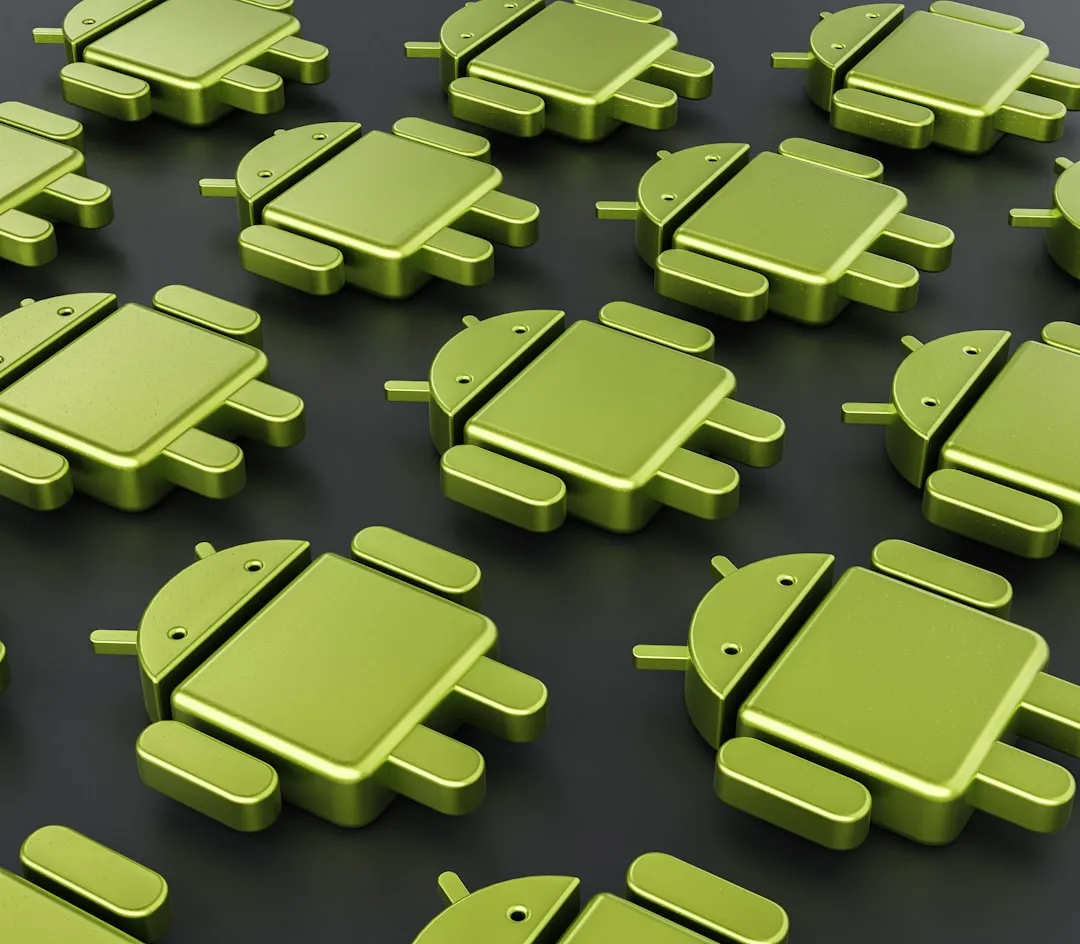
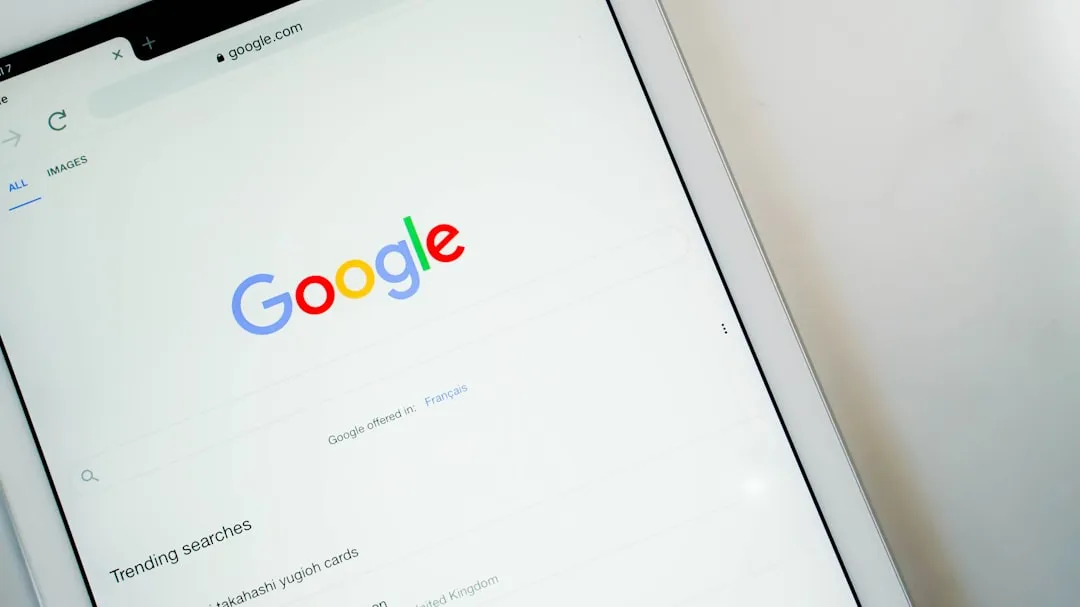
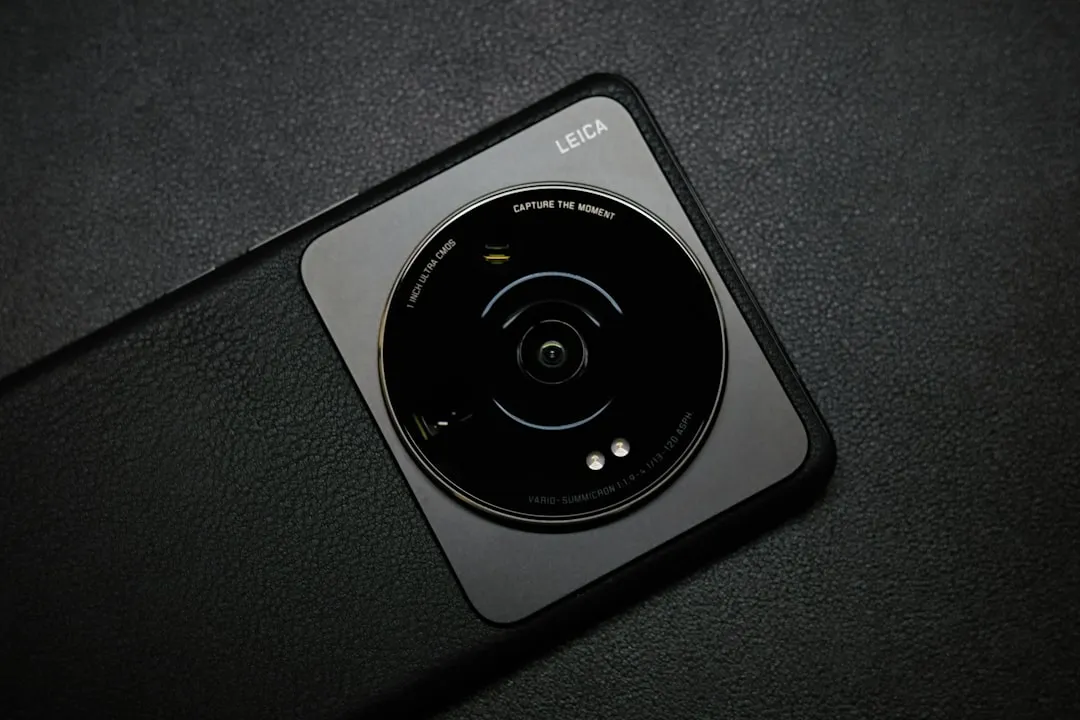


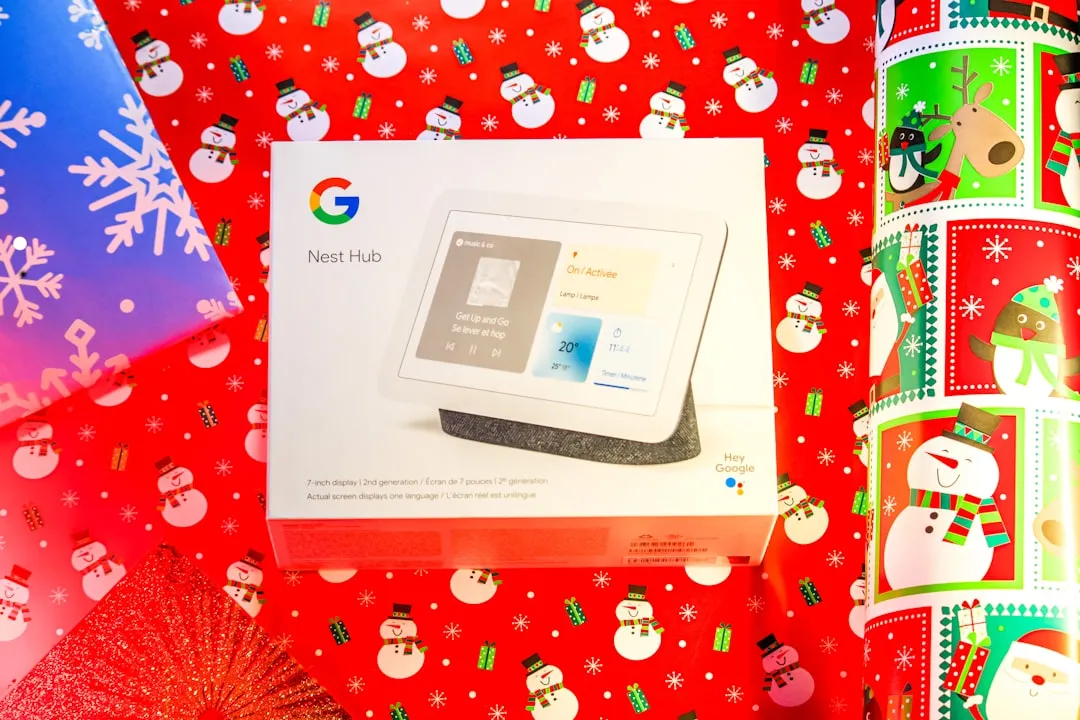
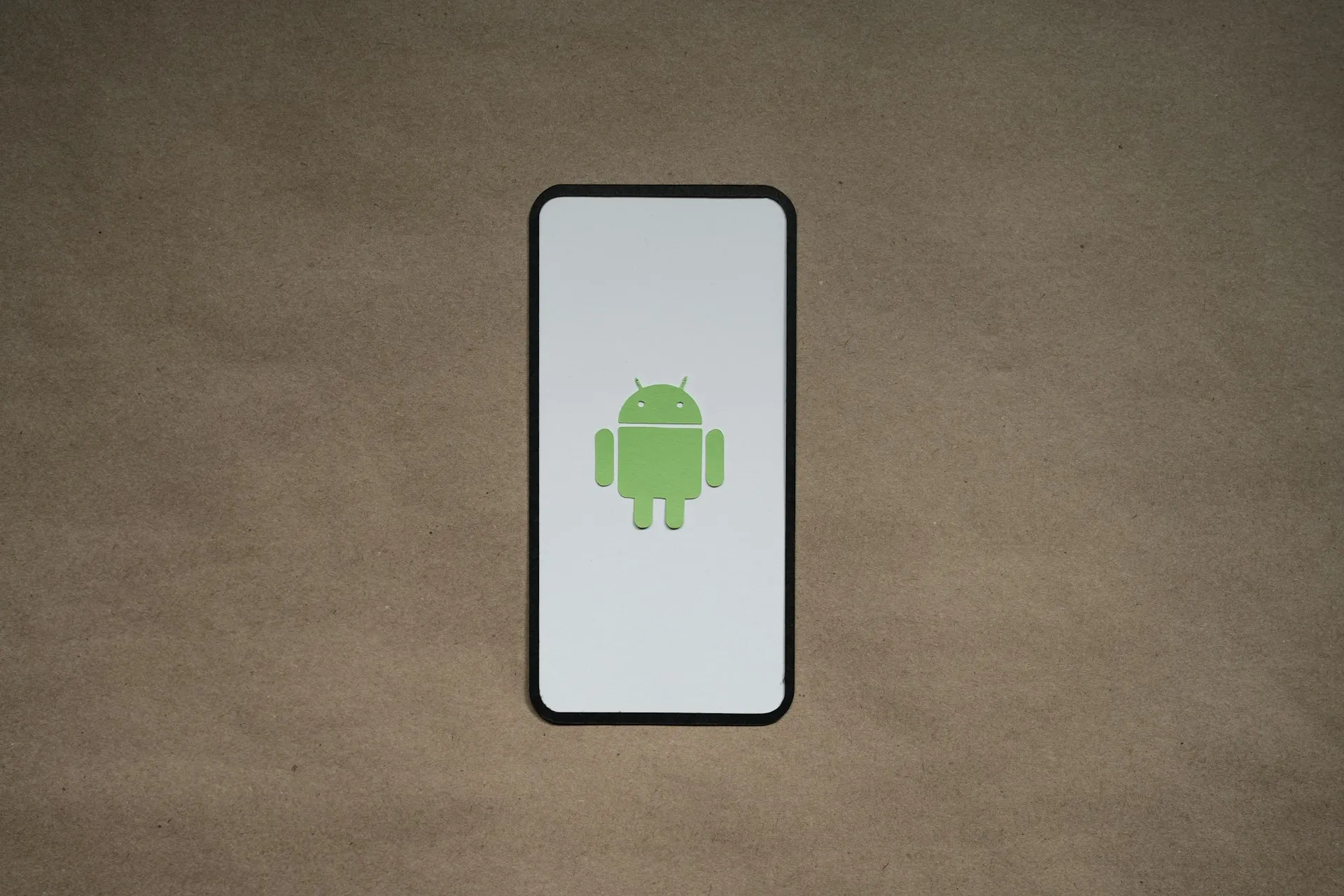

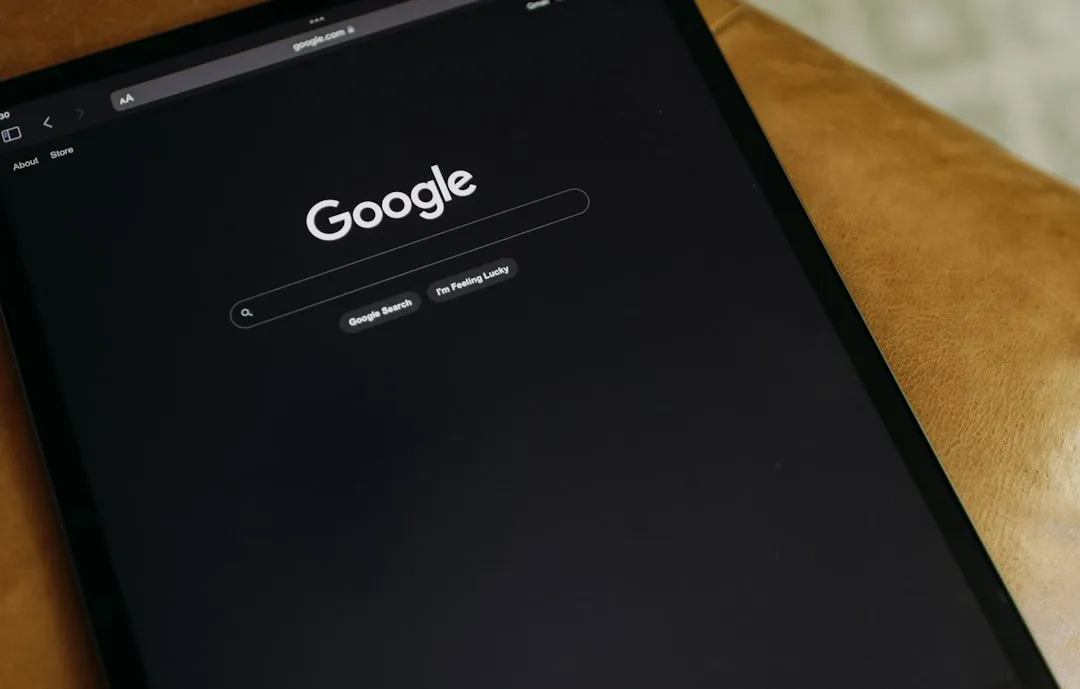








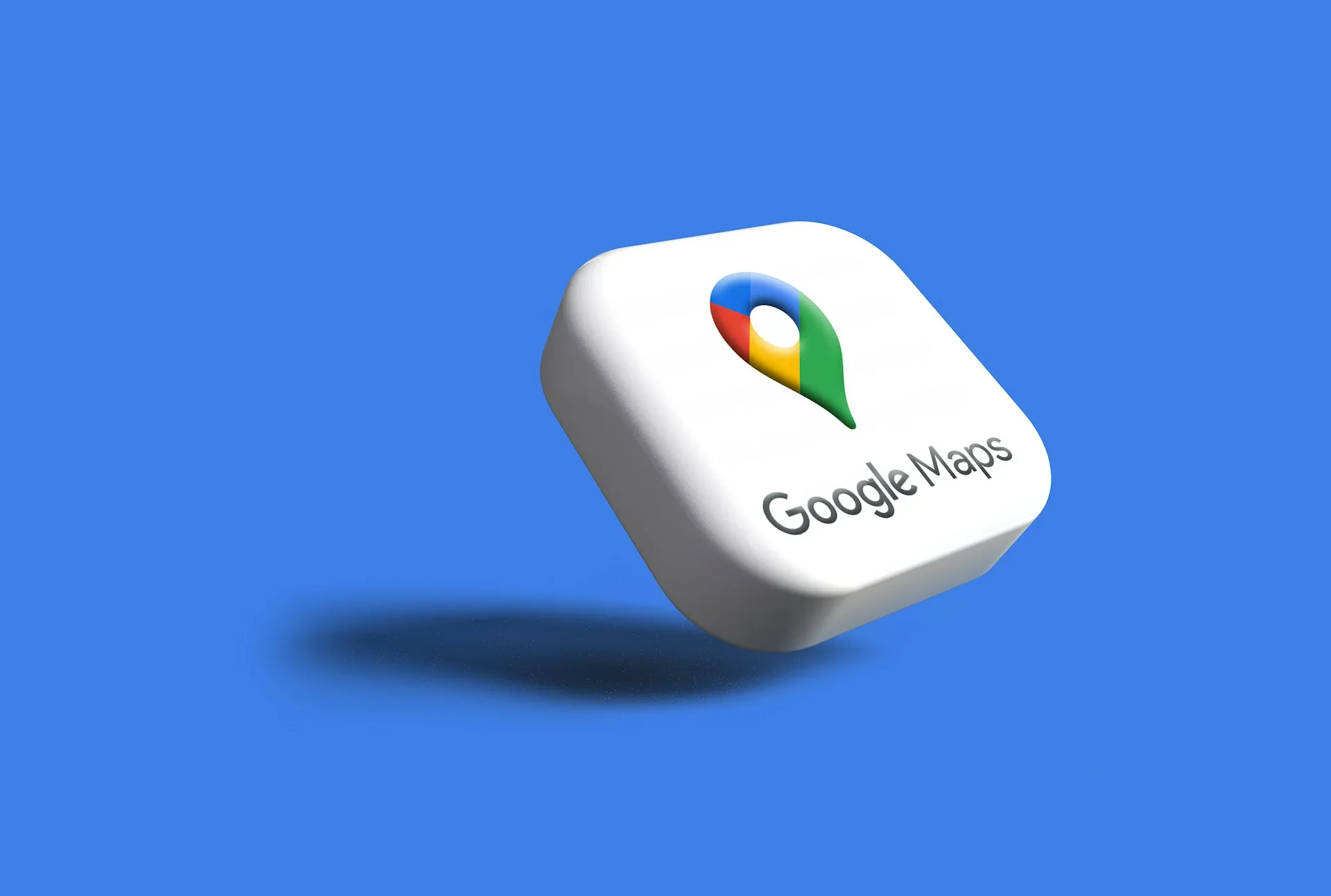


Comments
Be the first, drop a comment!